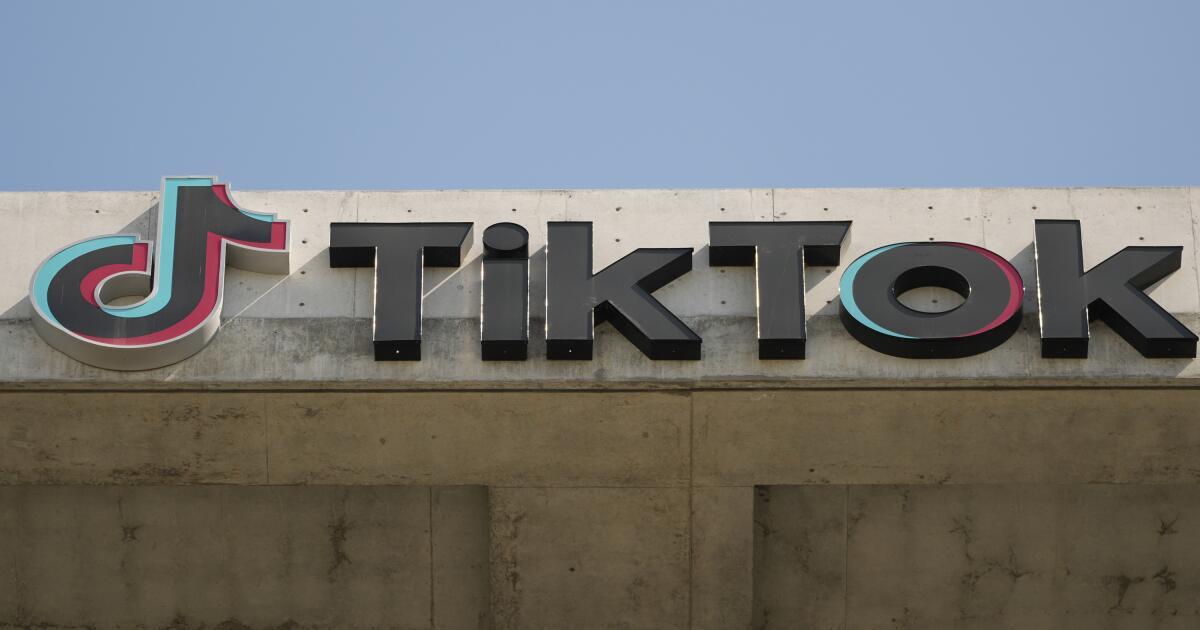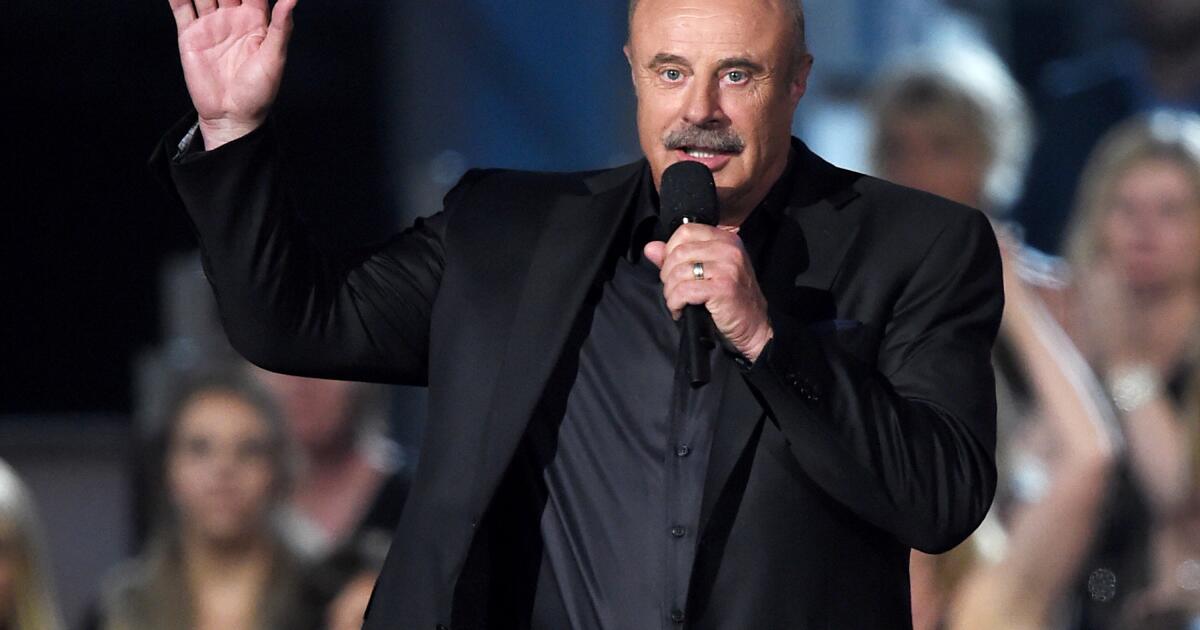Trump signs executive order to keep TikTok operating in U.S.
President Trump on Thursday signed an executive order that would allow hugely popular social video app TikTok to continue to operate in the United States.
TikTok’s parent company, ByteDance, had been under pressure to divest its ownership in the app’s U.S. operations or face a nationwide ban, due to security concerns over the company’s ties to China.
Congress passed legislation calling for a TikTok ban to go into effect in January, but Trump has repeatedly signed orders that have allowed TikTok to keep operating in the country.
Under an agreement that Trump said was approved by China’s President Xi Jinping, TikTok’s U.S. operations will be operated through a joint venture run by a majority-American investor group. ByteDance and its affiliates would hold less than 20% ownership in the venture.
About 170 million Americans use TikTok, known for its viral entertaining videos.
“These safeguards would protect the American people from the misuse of their data and the influence of a foreign adversary, while also allowing the millions of American viewers, creators, and businesses that rely on the TikTok application to continue using it,” Trump stated in his executive order.
Trump, who years ago led the push to ban TikTok from the U.S., said at a press event that he feels the deal satisfies security concerns.
“The biggest reason is that it’s owned by Americans … and people that love the country and very smart Americans, so they don’t want anything like that to happen,” Trump said.
Trump said on Thursday that people involved in the deal include Oracle co-founder Larry Ellison, Dell Technologies Chief Executive Michael Dell and media mogul Rupert Murdoch. Vice President JD Vance said the new entity controlling TikTok’s U.S. operations would have a value of around $14 billion.
Murdoch’s involvement would probably entail Fox Corp. investing in the deal, a source familiar with the matter who was not authorized to comment publicly told The Times. Fox Corp. owns Fox News, whose opinion hosts are vocally supportive of Trump.
The algorithms and code would be under control of the joint venture. The order requires the storage of sensitive U.S. user data to be under a U.S. cloud computing company.
White House Press Secretary Karoline Leavitt told Fox News last Saturday that the app’s data and privacy in the U.S. would be led by Oracle.
Ellison is a Trump ally who is the world’s second-richest person, according to Forbes.
TikTok already works with Oracle. Since October 2022, “all new protected U.S. user data has been stored in the secure Oracle infrastructure, not on TikTok or ByteDance servers,” TikTok says on its website.
Ellison is also preparing a bid for Warner Bros. Discovery, the media company that owns HBO, TNT and CNN, after already completing a takeover of Paramount, one of Hollywood’s original studios.
“The most important thing is it does protect Americans’ data security,” Vance said at a press gathering on Thursday. “What this deal ensures is that the American entity and the American investors will actually control the algorithm. We don’t want this used as a propaganda tool by any foreign government.”
TikTok, which has a large presence in Los Angeles, did not respond to a request for comment.
Terms of the deal are still unclear. Trump discussed the TikTok deal with China’s Xi Jinping in an extended phone call last week. Chinese and U.S. officials have until Dec. 16 to finalize the details.
The Associated Press contributed to this report.


